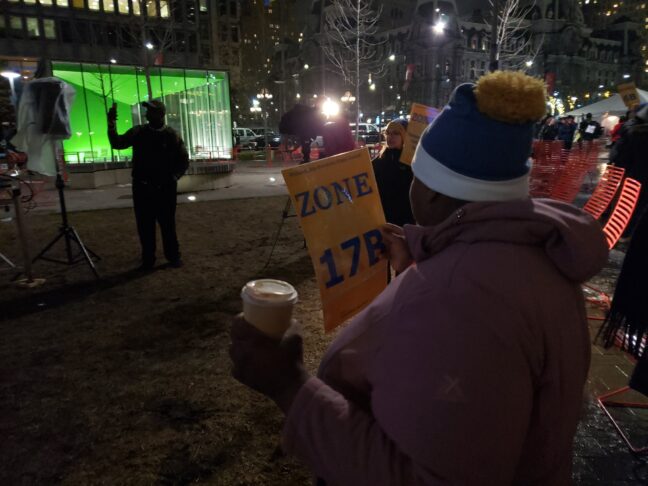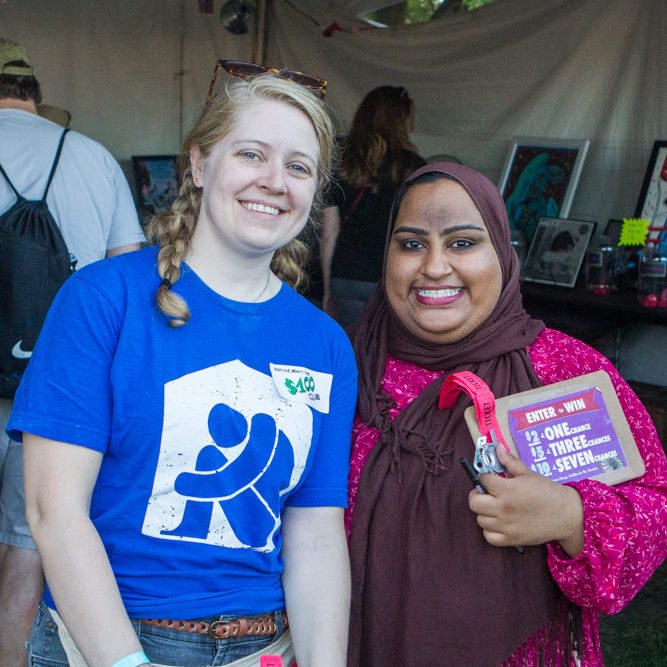By Allison Beck and Julius Philp, April 9, 2024
Multiple studies in cities across the country, including New York City, Chicago and Houston, have shown that not only does the PIT count miss people that it is intended to capture, but it excludes those living in their cars or abandoned buildings and those in temporary living situations like motels and doubling up.
Doubling up is one of the most common ways that people experience homelessness. It happens when a person or group of people are unable to afford their own housing and are forced to live with others, often leading to overcrowding. It’s also one of the experiences of homelessness that isn’t considered in the point in time count, which is why researchers from the Chicago Coalition for the Homeless and Vanderbilt University created a way to measure it using publicly available data.
“We’ve seen doubled up homelessness is starting to be funded alongside street and shelter homelessness,” said Sam Paler-Ponce, the interim associate director of city policy at the Chicago Coalition for the Homeless. “I don’t think that would have been as possible without a measure to describe the total scope.”


